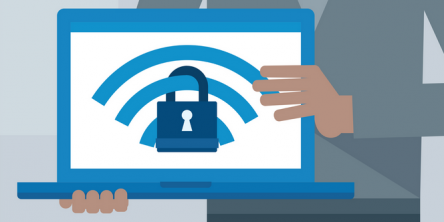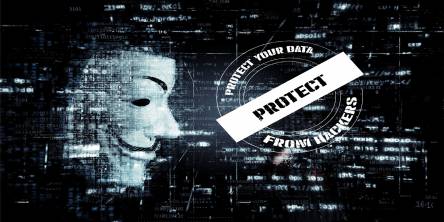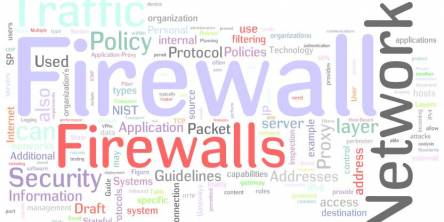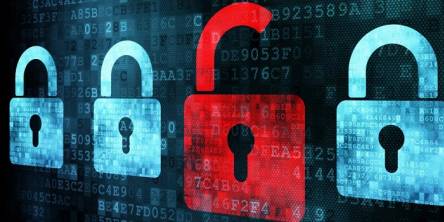10 Best Tips Online Safety
Learning how to avoid being in danger on the Internet is important. Online predators and identity thieves have been a problem since Who created the Internet many years ago. This article contains 10 Internet safety tips that you can use to avoid these dangerous dangers. Find out more about the best online safety tips. The vast amount of information available on the Internet makes it appear harmless. The Internet is a prime target for criminals because of this fact. The fact that the Internet appears innocent and friendly makes it a perfect target for criminals looking to steal your identity or money. Nothing could be further from reality. Although the Internet can greatly benefit humanity, it can also be dangerous if you don't keep your guard up.
#1. Malware
Everybody who surfs the Internet is familiar with the constant stream of advertisements inviting them to click here for a great deal or solution to a problem. Some ads can be likened to villains waiting for you to bite the hook. The ad is the bait, and the hook the click?. The ad may have already been infected by malware or malicious software once clicked. This could be causing your computer to go into attack mode. Malware can cause damage to other computers, including stealing passwords and infecting files. It is important to exercise caution when opening links or clicking on advertisements, especially if they are in a popup window. This will ensure that you have the best protection against malware. You can protect yourself against infected popup windows and ads by taking note of the advertiser's name. An easier and more effective way to protect yourself is to ensure your browser supports popup blocking (most browsers do). These extensions are very helpful and free.
#2. Firewall and antivirus programs
Millions of computer users trust that their computers will be safe from malware and viruses by installing firewall software. These programs protect your computer from viruses and malware, but they can't stop them. Don't let your guard down about the dangers just a click away. It is dangerous to trust software programs to eliminate any malware or viruses. This can lead to frustration and even financial loss. Be vigilant while surfing the Internet and using your computer.
#3. Free software
Virus writers use one of the most popular methods to lure users into downloading malware-infected software for free. Free software is often presented as a solution to a problem and entices users to download it. This trick is used to lure millions of people into downloading free software. Some don't even realize that their computer has been infected. It's unlikely that the infection will occur if a good antivirus program is running. There are no guarantees. If you aren't sure about the source, it is best to refrain from downloading any free software.
#4. Downloads
The virus writers are getting better at what they do and causing havoc on millions of computers, from Macs to PCs to smartphones. Drive-by downloading is when a user visits a website that has been infected and infects the computer immediately. A good antivirus program will prevent this in most cases, provided it is updated. Many antivirus programs include a toolbar that scans every page for malware and returns search results. Don't let this fool you. No firewall or antivirus program provides 100% protection. Depending on the sophistication and sophistication of the malware, even the most powerful antivirus scanners and virus signature databases, no firewall or antivirus program can provide complete protection at all times.
#5. Go private
Many browsers allow you to surf "incognito?" You can do this by opening a new browser window. You can surf as normal, but the new window won't save your history or allow you to store personal information on the sites you visit. This is a convenient and secure way to surf the Internet. Who can use private browsing for banking, medical information search, and other situations where personal information is needed. All information entered in a browser window is deleted when it is closed.
#6. View the Privacy Policy
You can prevent your data from being scanned by websites and used to send unwanted solicitations. Some browsers track your Internet use to deliver advertisements to you while you browse. While some people may not mind this, the fact is that your browsing history is being tracked. You have the power to stop this type of tracking. You can choose to have websites stop tracking you by clicking on a button in some browsers. This option is available if you look for it.
#7. Safety Tips: Links in email
Millions of people are still suffering from one of the most serious and ancient types of infection. What is it? It is the most popular method of communicating on the Internet. Emails containing infected links have the potential to quickly infect a computer with a virus and replicate itself, infecting computers again and again. Do not click on any links in an email unless expected, and you feel confident that you can trust the sender.
#8. Safety Tips: Online Chat
It is perfectly acceptable to chat with friends online. Never give out any personal information to strangers and never accept invitations to meet. It is important not to click on any link in the chat room. These links can infect computers with viruses and spyware.
#9. Passwords
Strong passwords are essential for all log in. This is your first line of defense against hackers and other unscrupulous individuals. Using parts of your address or name as a password is dangerous. Use a password manager to generate passwords for you and keep them safe. No longer are 6 characters' passwords limited to letters. Sometimes, the password generator can generate passwords exceeding 128 characters. It will also use symbols, numbers, and letters. Hackers will not attempt to crack long passwords and instead seek easier targets.
#10. Encryption
Many people don't understand this term. Encryption adds another layer to protection. It makes computer files unreadable by anyone without a password key. Who will delete the data if the key is not required or is entered too often? This function is available in most modern browsers and operating systems. Who should enable it? Complacency with Internet security can lead to problems. Computer users are often fooled into thinking that their computer is safe and secure with an antivirus program and firewall. Users can understand and use the 10 Internet safety tips to protect their computers and personal information. You can make Internet safety a daily habit by implementing these tips to ensure that your Internet experience is enjoyable, informative, and productive.
Similar Articles
Senior citizens around the world constantly encounter elder fraud and there are times when it goes unnoticed. Although seniors are not the only ones who are swindled, they are an appealing target for scammers for a variety of reasons
With the rapid growth of digital transformation and communication, various issues related to information security are also rapidly increasing and gaining importance. The messages and information that are shared publicly through accessible computer networks should be kept confidential and also protected against any manipulation.
Data security has become a requirement for almost every enterprise in the modern era, no matter its size. Most businesses in the digital world rely on transactions and data storage to perform most of their operations. Data usage has increased the efficiency and profitability of companies.
Cybersecurity is now an integral as well as a crucial aspect of running a business from any niche. If you think that the knowledge and expertise of Cybersecurity is required for only specific business domains, then it’s time for a revelation.
Is there a need to protect the data? Yes, it is. Hackers use different techniques to hack the data of your entrepreneur or organization & choose to misuse or demand payment for the data or information that has got hack.
Many small and medium-sized businesses are witnessing an increased threat from cybercriminals who attempt to intrude into computer infrastructure networks for financial gain or identity theft. The U.S. Congressional Small Business Committee reported that 71 percent of cyber attacks were directed at small business enterprises.
Internet World is doomed with hackers, blackhats and spamming bots which are constantly evolving according to time. No place on internet is a safe place to start a conversation or share data.



3db5.jpg)



